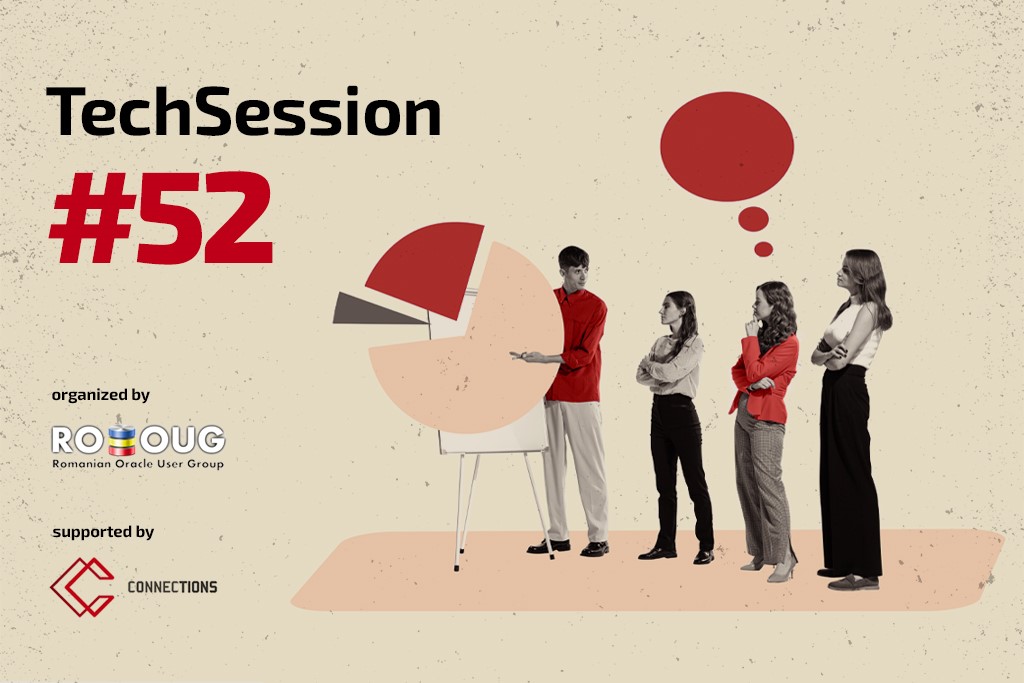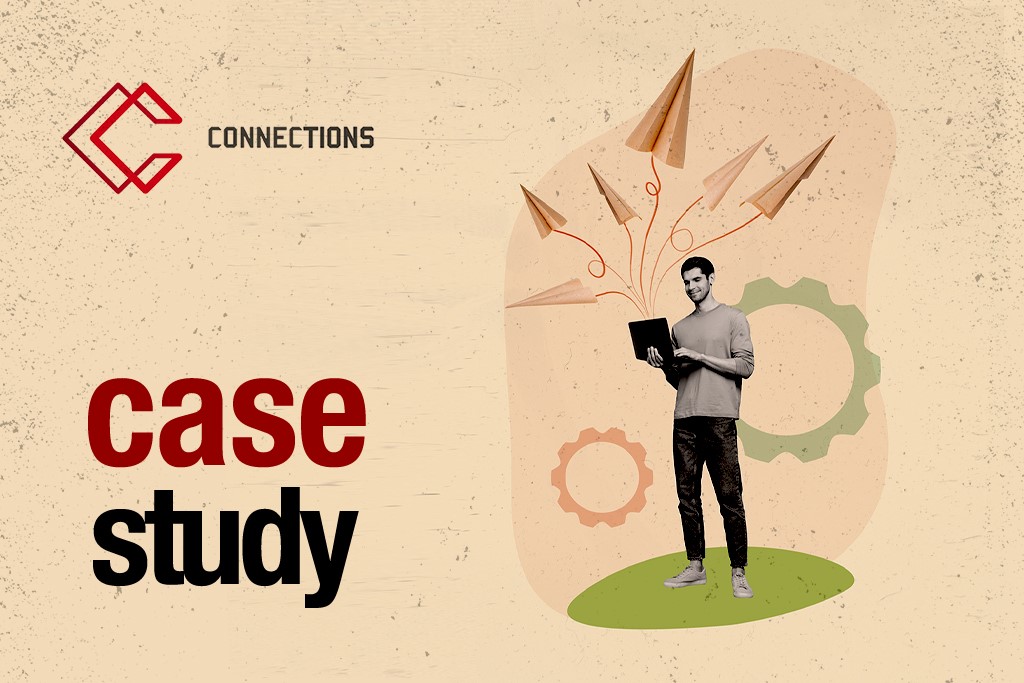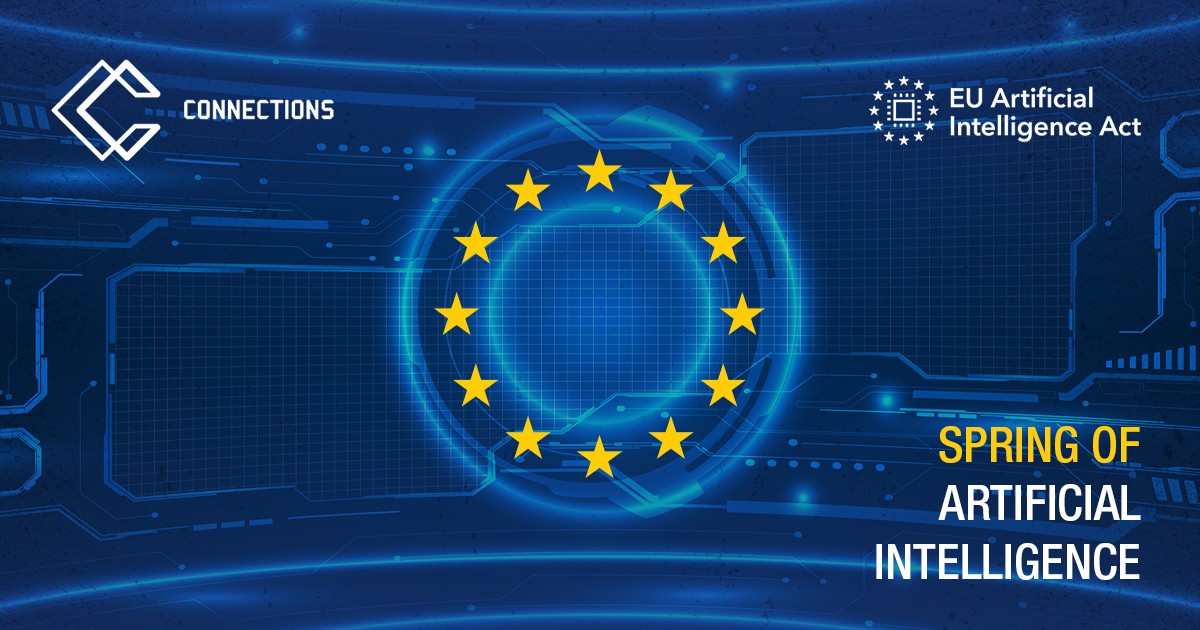
Known as the AI BOOM or the Spring of Artificial Intelligence, last year was marked by the explosion of AI, as the technological and commercial advancements of the past decade were compressed into a truly remarkable single year.
Throughout it, both hopes and fears regarding AI’s transformative capacity became widely publicized, as did global questions concerning the management of this new technology.
At Connections, we closely monitor the dynamics of leading technologies as we actively develop products based on them. In 2023, we integrated AI for the first time into one of our products, ID Scanner, and participated in the development of AI-based projects for top external partners in international teams.
Just like any significant force with the power to reshape the world, AI has inevitably become the subject of formal regulation.
The European Union’s Artificial Intelligence Act reached provisional status in December 2023, while the United States is still evaluating its own approach, stemming from a series of hearings in Congress, both public and closed-door, featuring detailed testimonies from AI industry CEOs and experts.
The AI Act, also known as the European Union’s Artificial Intelligence Act, adopted recently (March 2024), is now the world’s first regulation specifically targeting AI and pursues several key objectives:
- Ensuring safety and upholding fundamental rights in the realm of AI utilization.
- Fostering responsible innovation within the AI domain.
- Establishing a transparent legal framework for stakeholders in the AI sector.
Additionally, the AI Act categorizes AI systems based on risk as follows:
- Prohibited: systems posing unacceptable risks (e.g., electoral manipulation, invasive surveillance, social scoring).
- High risk: stringent requirements (e.g., facial recognition).
- Limited risk: minimal obligations (e.g., chatbots, automatic translation).
To safeguard citizens, the document also includes:
- Transparency requirements: clear information about AI systems, the data used, and how they operate.
- Prohibition of “social scoring” and emotional manipulation.
- Promotion of responsible AI development.
We believe that the AI Act is a document that should be consulted by all professionals in the industry and with which all business leaders should be equally familiar. This ensures that the AI solutions that will become part of our lives in the coming years are responsible and ethical.

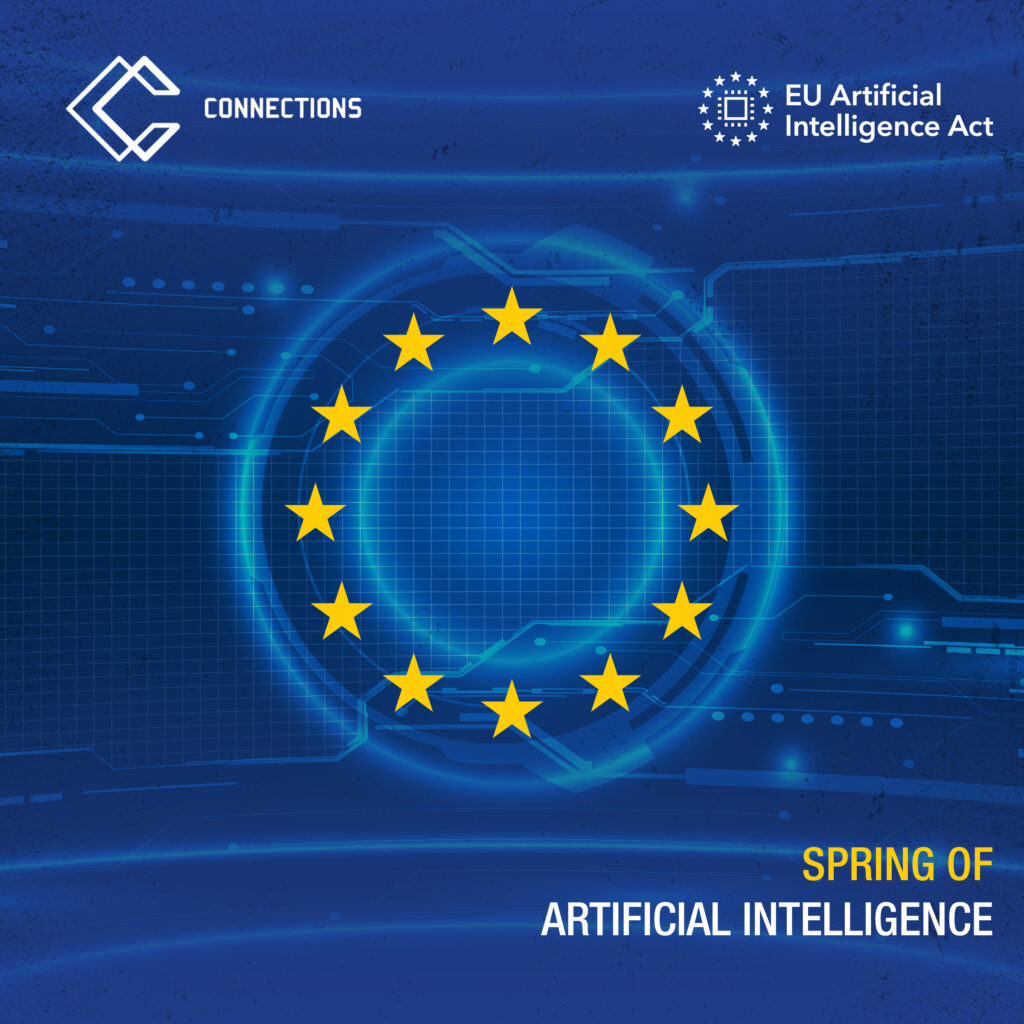
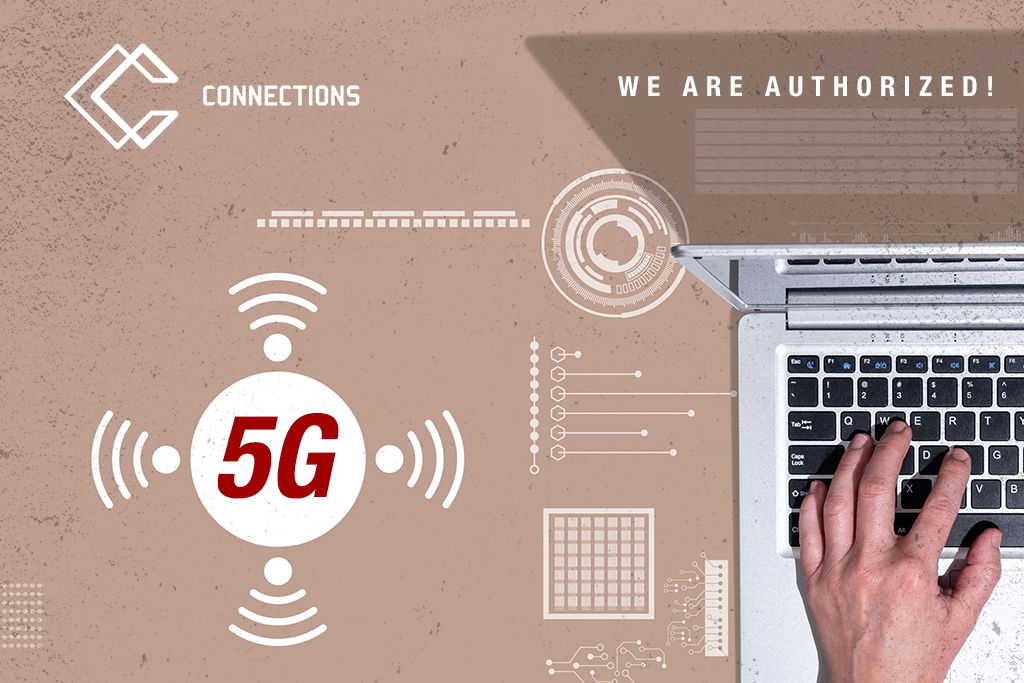


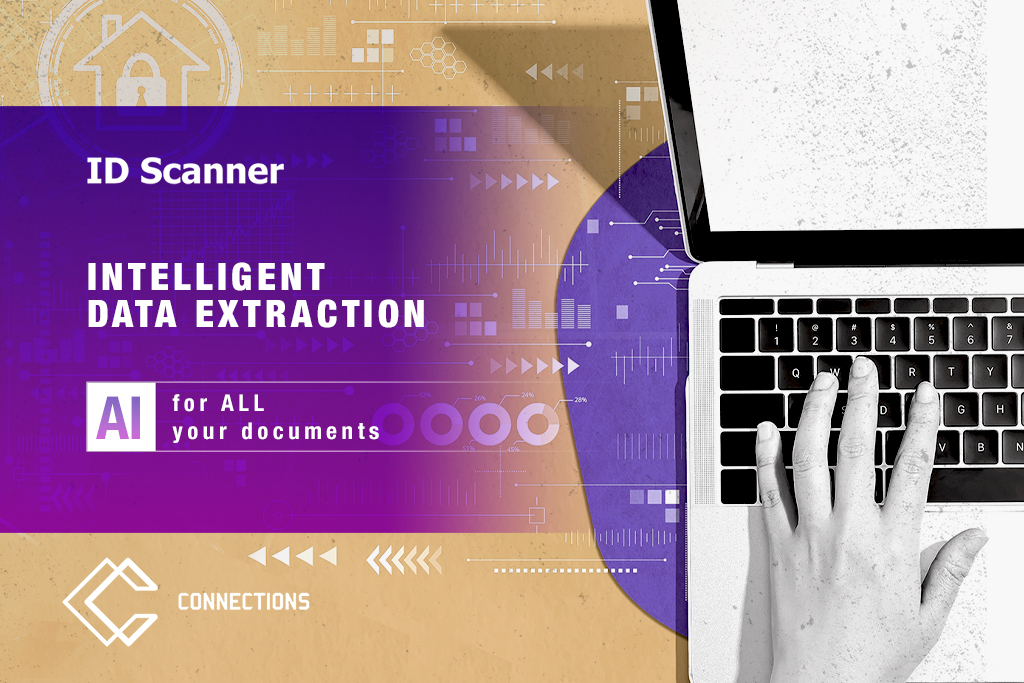

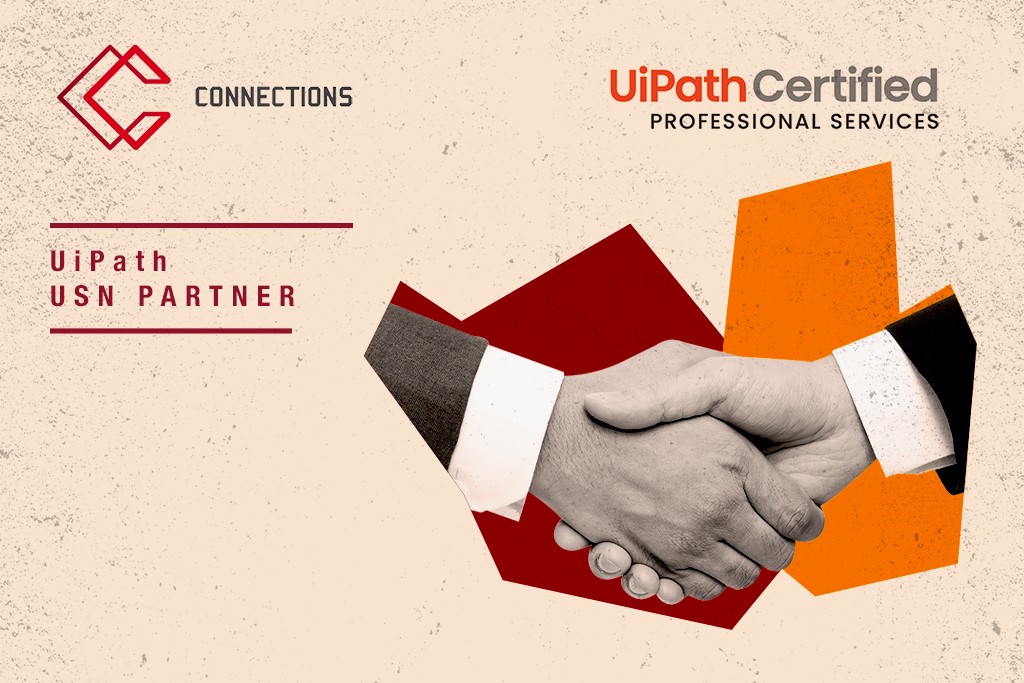
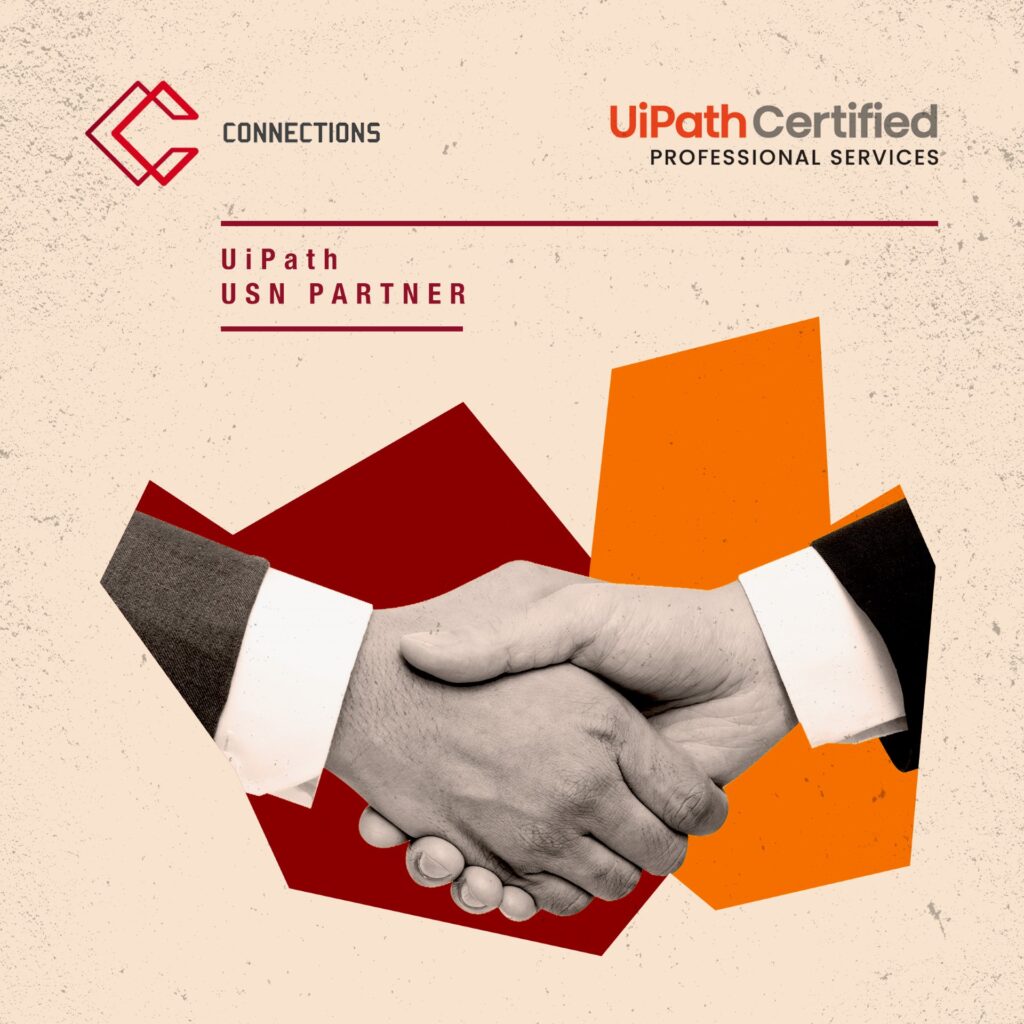 The Connections team has achieved a new recognition and, starting in 2024, is a certified USN partner of UiPath, one of the top providers of RPA (Robot Process Automation) technology.
The Connections team has achieved a new recognition and, starting in 2024, is a certified USN partner of UiPath, one of the top providers of RPA (Robot Process Automation) technology.
